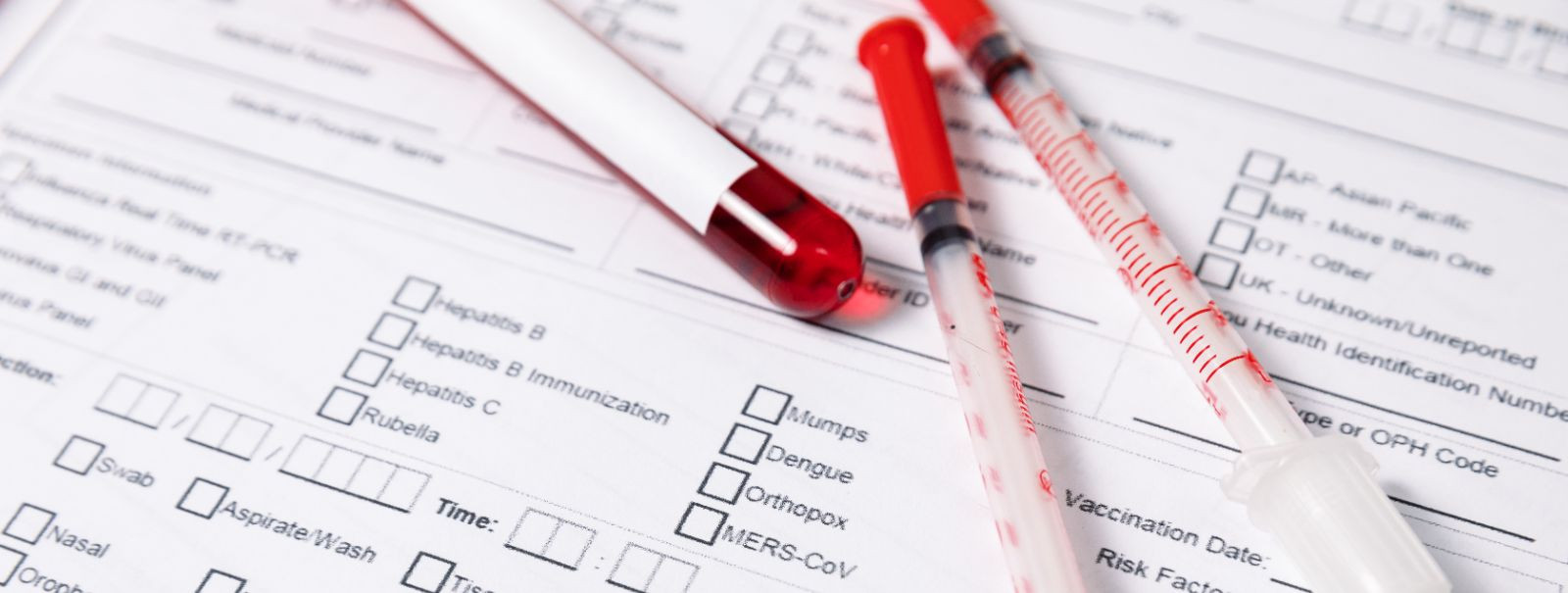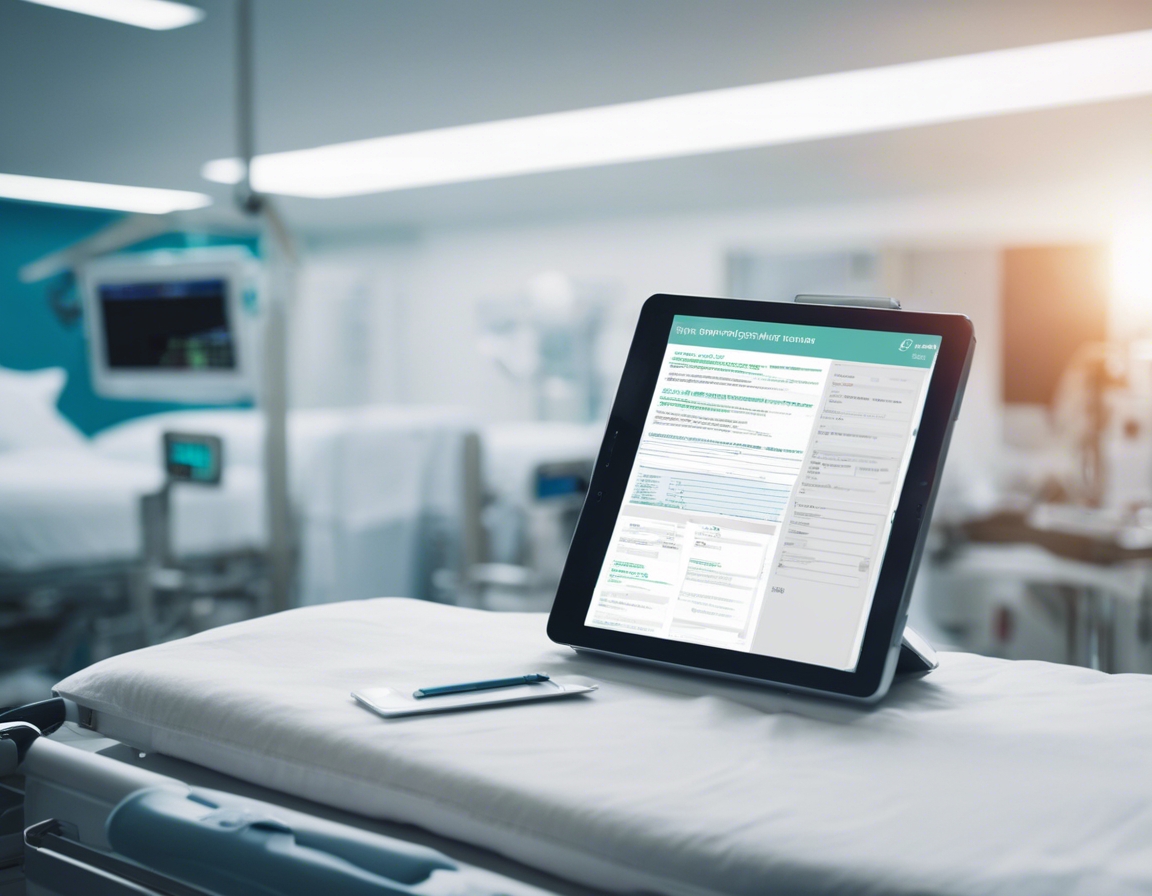How integrated systems improve patient care
In the rapidly evolving landscape of healthcare, integrated systems have emerged as a pivotal component in enhancing patient care. These systems, which combine various healthcare processes and technologies into a cohesive framework, are designed to improve the efficiency, accuracy, and quality of patient care. By facilitating seamless communication and data exchange among healthcare providers, integrated systems ensure that patients receive timely and coordinated care.
The Role of Integrated Systems in Enhancing Patient Care
One of the primary benefits of integrated systems is their ability to streamline communication among healthcare providers. By connecting different departments and specialties, these systems enable healthcare professionals to share critical patient information quickly and efficiently. This improved communication reduces the risk of errors and ensures that all members of a patient's care team are informed and aligned in their treatment approach.
Integrated systems enhance data accuracy by minimizing manual data entry and reducing the likelihood of errors. With centralized electronic health records (EHRs), healthcare providers can access up-to-date patient information at any time, from any location. This accessibility allows for more informed decision-making and personalized patient care, ultimately leading to better health outcomes.
Patient safety is a top priority in healthcare, and integrated systems play a crucial role in safeguarding patients. By providing real-time alerts and reminders, these systems help prevent medication errors, ensure adherence to treatment protocols, and facilitate timely interventions. Additionally, integrated systems support the monitoring of patient vitals and other critical data, enabling healthcare providers to respond swiftly to any changes in a patient's condition.
The Impact of Integrated Systems on Healthcare Efficiency
Integrated systems significantly reduce the administrative burden on healthcare staff by automating routine tasks and streamlining workflows. This automation allows healthcare professionals to focus more on patient care rather than paperwork, improving overall efficiency and job satisfaction. Furthermore, integrated systems facilitate billing and insurance processes, reducing delays and errors in financial transactions.
With integrated systems, healthcare providers have access to real-time data and analytics, enabling them to make informed decisions quickly. This capability is particularly valuable in emergency situations, where timely interventions can be life-saving. By providing comprehensive insights into patient health, integrated systems empower healthcare professionals to deliver proactive and effective care.
Integration with Existing Systems and Technologies
For integrated systems to be effective, they must be compatible with existing healthcare technologies and systems. Interoperability ensures that different systems can communicate and exchange data seamlessly, providing a unified view of patient information. This compatibility is essential for maximizing the benefits of integrated systems and avoiding disruptions in patient care.
While the benefits of integrated systems are clear, implementing them can present challenges. Healthcare institutions must address issues such as data migration, system compatibility, and user training to ensure a smooth transition. By partnering with experienced providers like GENNET LABORATORIES AS, healthcare organizations can overcome these challenges and achieve successful integration.
Data Security and Privacy in Integrated Systems
Data security and privacy are critical concerns in healthcare, and integrated systems must comply with stringent regulations to protect patient information. Compliance with standards such as the General Data Protection Regulation (GDPR) is essential to maintain patient trust and avoid legal repercussions. Integrated systems should incorporate robust security measures to safeguard sensitive data.
To ensure data security, integrated systems must implement advanced security measures, including encryption, access controls, and regular audits. These measures help prevent unauthorized access and data breaches, ensuring that patient information remains confidential and secure. By prioritizing data security, healthcare institutions can confidently leverage integrated systems to enhance patient care.








Comments (0)